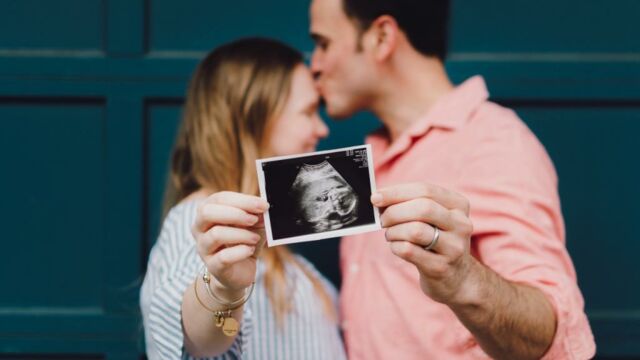For decades, women have been pressured into thinking that they need to have children before a certain age because of their ‘biological clock.’ And while fertility does take a dip after women reach their mid-30s, they're not the only ones who have a biological clock. A revolutionary study has found that men also have lower chances of conceiving a child after they hit the age of 50.
Discover our latest podcast
Myth of male fertility
A team from the Centre for Reproductive and Genetic Health in London analysed data collected from 4,300 Britons who were going through fertility treatment. They wished to identify the point at which fertility begins to decline for men.
Their results showed that the chances of a couple having a live birth—when the foetus is completely extracted from the mother with signs of life—were 33% lower when the male partner was over the age of 50. Thus, breaking the myth that male fertility lasts forever.
The lead author of the study, Dr. Guy Morris, says that there needs to be more awareness about the issue so that men who do wish to have children can make informed decisions in a timely manner. He said:
Our study showed live birth and clinical pregnancy are negatively affected by paternal age over 50 years.
Decrease in sperm quality
Although the study did not factor in other variables like weight, smoking, and drinking, overall results showed clear signs that sperm quality decreased in older men as only four in ten men over the age of 51 had a healthy sperm count.
Additionally, the team noticed that the decrease in live birth rates were independent of female age.
Dr. Morris says that since the study contained details on different causes of infertility, it will prove useful for couples that are looking to go through fertility treatment. He said:
This ensures our findings are generalisable to the majority of couples attending for sub-fertility assessment and treatment.
He also added that while increased male age could risk chances of live birth, it did not lead to miscarriage.















